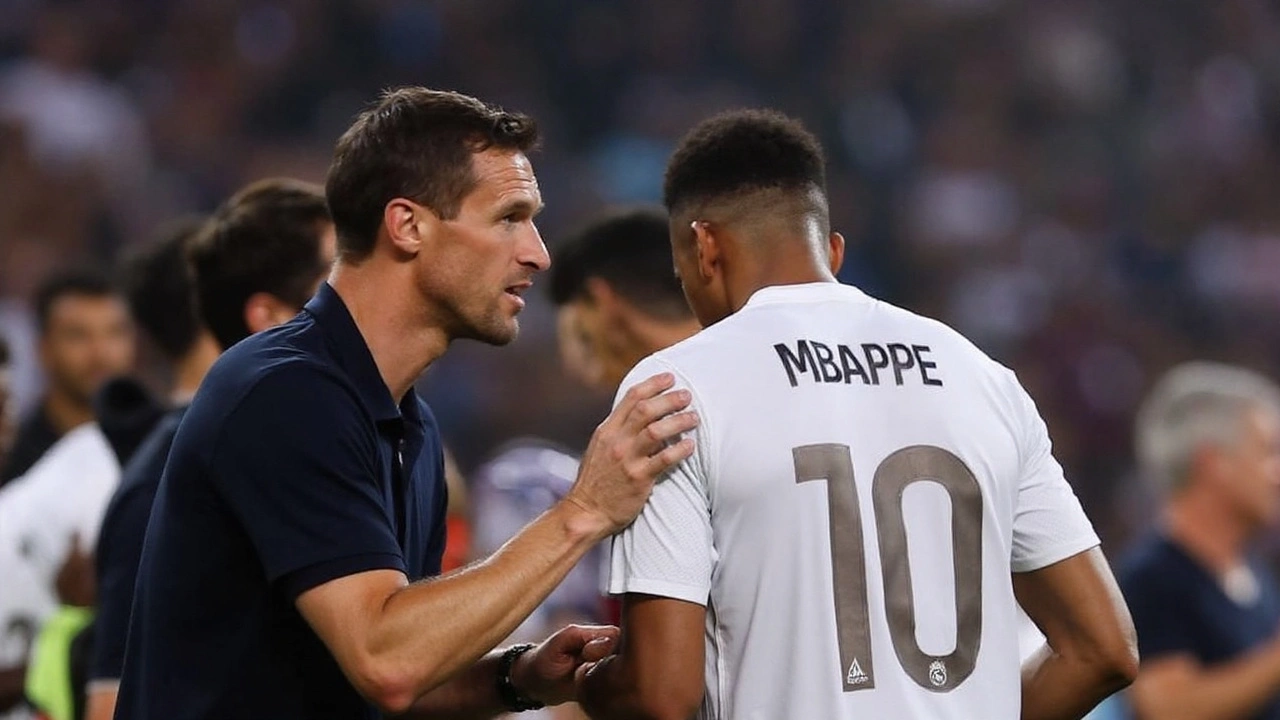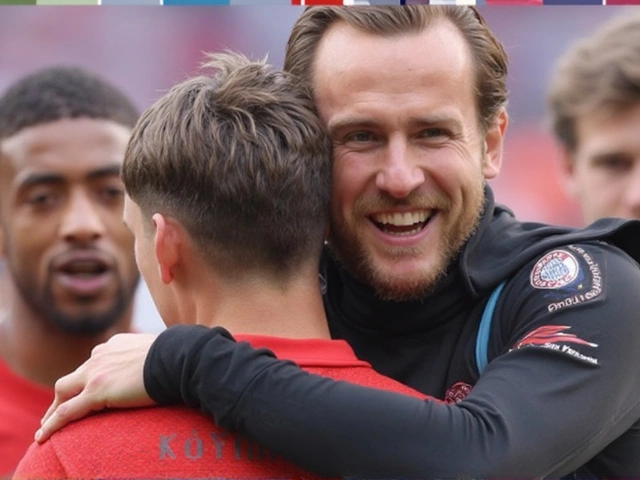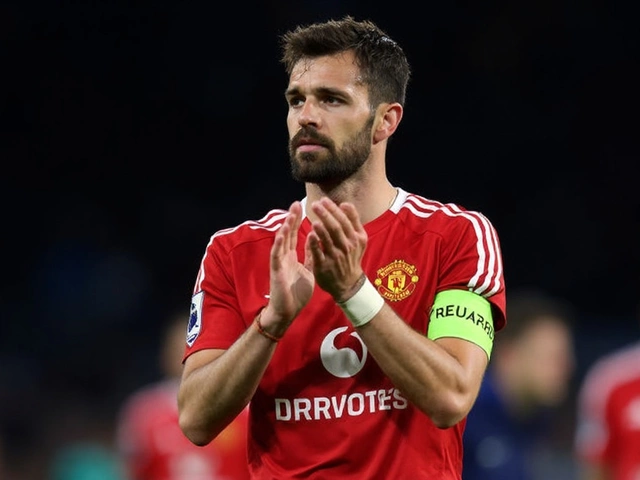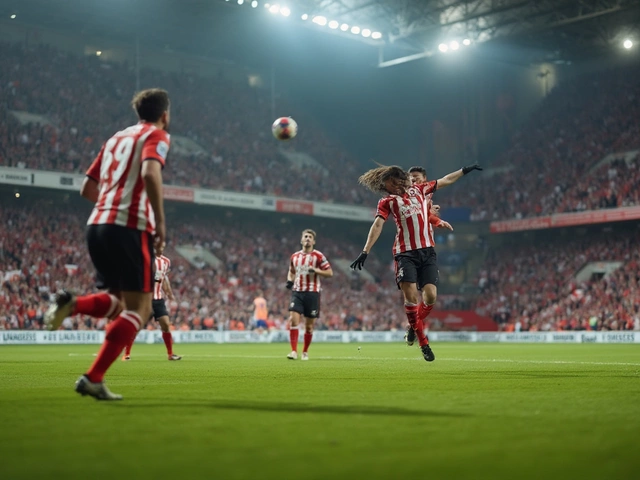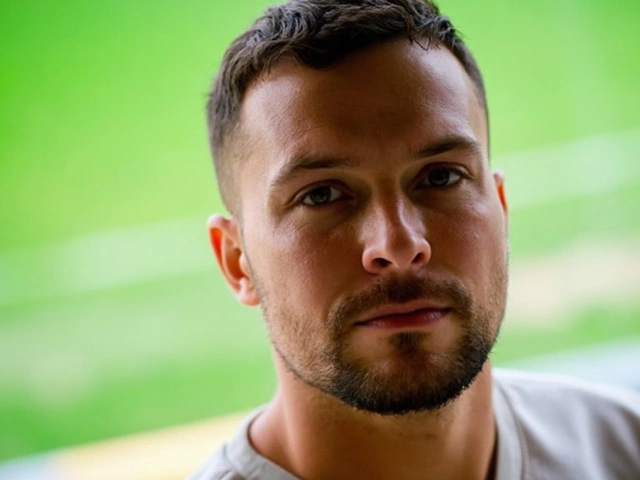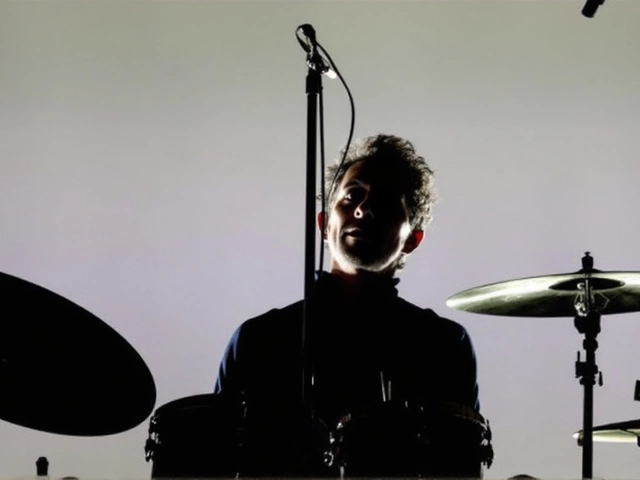Madrid in control from the first whistle
Two games in, two clean sheets, and Kylian Mbappé already running the show. For the second straight weekend, Real Madrid looked sharp and ruthless, beating newly promoted Real Oviedo 3-0 at a buzzing Estadio Carlos Tartiere on Sunday night. Mbappé scored in both halves—30' and 83'—and Vinícius Júnior came off the bench to finish the job in stoppage time. That’s three goals in two league matches for the Frenchman and a perfect six points for Madrid to start the 2025–26 LaLiga season.
Madrid were on the front foot early. The visitors moved the ball with purpose, rotated positions, and repeatedly tested Oviedo’s back four. The breakthrough came on the half-hour, when Mbappé timed his run behind the line and tucked away a neat through-ball with a calm finish. It was the kind of move Madrid rehearsed all night: patient buildup, quick vertical pass, and a lethal final touch.
Oviedo did not fold. Compact and organized, they tried to keep Madrid in front of them and hit on the break. Their best moment came just before halftime, when Thibaut Courtois had to make a sharp save to preserve the lead. That stop mattered. At 1-0, the game still had a pulse; Madrid’s goalkeeper snuffed out any hope of a momentum swing heading into the break.
The numbers backed the eye test. Madrid finished with 62% of the ball, dictated tempo for long spells, and led 7-2 on shots on target. It wasn’t wild, end-to-end stuff; it was controlled, professional, and—once the second goal arrived—decisive.
- 30' — Mbappé breaks the deadlock with a composed one-on-one finish.
- 45' — Courtois makes a key save to deny Oviedo’s best chance.
- 70' — Vinícius Júnior comes on, adding speed and edge to the left flank.
- 83' — Vinícius curls in a cross from the left; Mbappé rises to head in his second.
- 90+3' — A rapid counter led by Brahim Díaz ends with Vinícius guiding home the third.
Once Vinícius entered, the dynamic shifted. Oviedo’s right side suddenly had to deal with his one-v-one threat and those quick darts into the box. His assist for Mbappé’s second was classic Vinícius: carry, pause, and deliver a teasing ball into a dangerous area. The late goal—calmly finished after a swift break—felt like a reward for a lively cameo and a reminder that he doesn’t need 90 minutes to change a game.
Oviedo can take something from this, even if points were never likely. For 80 minutes, their shape held and their penalty area stayed relatively clean. They blocked channels, tracked runs, and lived off counters. But Madrid’s depth and quality told. Once the spaces widened, the chances came.
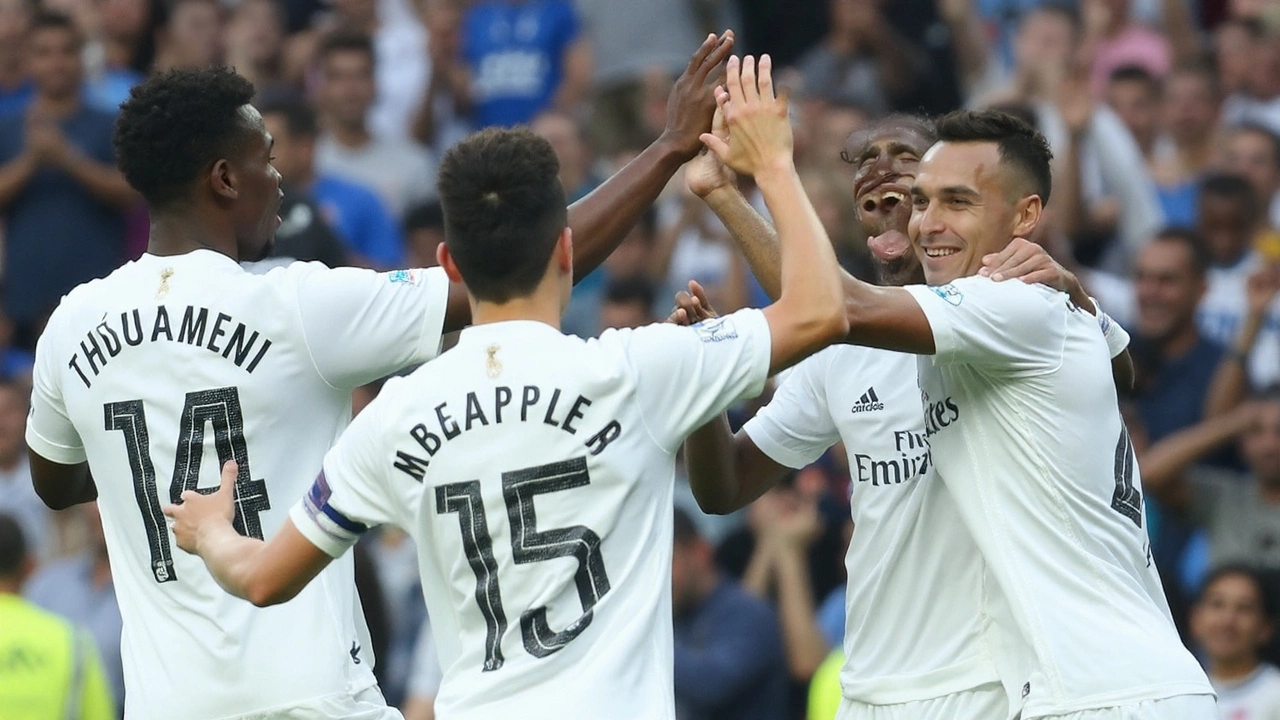
Alonso’s rotation call, and what it tells us
Xabi Alonso knew his lineup would spark chatter. Vinícius on the bench again, Rodrygo starting again—it’s a clear message: matchups, minutes, and long-term planning will drive the decisions, not names. Alonso has said every call serves the bigger picture. In Oviedo, that thinking looked spot-on. Rodrygo worked hard without the ball, stretched the back line, and helped set the press. Then, when the game needed a different profile, Vinícius arrived to twist the knife.
Tactically, Madrid were flexible. Out of possession, they held a tidy mid-block before pressing on triggers—heavy touch, back pass, or a trapped full-back. In possession, the shape morphed. Eduardo Camavinga anchored midfield and kept things moving, Jude Bellingham roamed between lines, and the wide players alternated between hugging the touchline and attacking the half-spaces. Mbappé’s starting position on the shoulder gave him a runway; his movement brought Madrid behind the line without needing too many passes.
The second goal showed the plan in miniature. Madrid sucked Oviedo into one side, recycled the ball quickly, and freed Vinícius on the left. Instead of driving at his man, he shaped a cross early. Mbappé’s run was ruthless: step away from the center-back, then attack the gap. One glance, one leap, one header. When your stars read each other that well, a stubborn block suddenly feels flimsy.
There’s also the little stuff that doesn’t make highlight reels. Madrid’s counter-press looked cleaner than in the opener. When they lost the ball in the final third, bodies snapped into position to win it back or force Oviedo to go long. That cut off counters and kept Oviedo’s front line isolated. It’s a sign of cohesion coming along nicely this early in the season.
Alonso also used his bench with a plan. Vinícius was the obvious headline, but Brahim Díaz added tempo between the lines and helped launch the late counter for the third. Fresh legs in wide areas matter against blocks that sit and suffer; those final 20 minutes are where tired full-backs make small mistakes.
The individual stories tie into a bigger one: pecking order without drama. Mbappé is the focal point—no debate. Vinícius is a game-changer whether he starts or not. Rodrygo gives balance and work rate from the whistle. Bellingham stitches phases together and times his bursts. Camavinga’s positioning makes the whole structure harder to play through. And behind them, Antonio Rüdiger and David Alaba managed the line with little fuss, stepping in when they had to and keeping Javi Puado mostly quiet.
Madrid won’t care that it took 80 minutes to break the game open. Early-season matches often need patience. What will please Alonso is how his team controlled risk. Aside from the Courtois stop, there weren’t many moments where Oviedo felt like scoring. The visitors didn’t chase the game recklessly at 1-0; they trusted the process and waited for the second goal to come. It did.
From Oviedo’s side, this is a lesson more than a setback. The structure was good for long stretches. The jump in speed and quality near the box is the difference between the second tier and LaLiga. They’ll adjust. Manager Sergio Egea admitted as much afterward, pointing to Madrid’s quality in key moments and promising growth as his squad settles into the division. The home crowd stayed engaged, and that matters for the grind ahead.
Where does this leave the table? It’s too early to claim much, but six points and a plus-five goal difference after two matches is the sort of base you want if you’re serious about the title. The rhythm will get harsher soon—midweeks, travel, rotations—but the foundations are there: control in possession, compactness without the ball, and forwards who finish.
There are still notes to tighten. The final pass before halftime lacked crispness. A few transitions went wasted with rushed choices at 1-0. But these are details that tend to sharpen with minutes. The core—the structure and the roles—already looks defined.
On another night, Oviedo might have nicked something at 0-0. Courtois didn’t let them. On most nights, a side that manages the game with Madrid’s calm will get what it deserves. Here, it got three goals, three points, and a clear message about how this team plans to go about its work.
Madrid’s supporters will fixate on the Mbappé–Vinícius chemistry, and fair enough. One thrives on space, the other creates it. Defenders can choose which poison to track; the spare man will hurt you. If that partnership keeps growing, Alonso’s rotation talk won’t sound risky—it’ll sound like common sense. Two games in, the plan is working.
